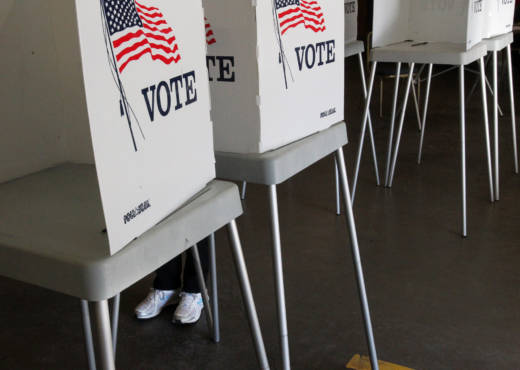Californians who speak Punjabi, Hmong, Syriac, Armenian, Persian and Arabic will now have the option of requesting a facsimile ballot in their language when they go to vote. A facsimile ballot is a laminated copy that voters can refer to as they fill out an English ballot.
The change is the result of new, more detailed data that California Secretary of State Alex Padilla requested from the U.S. Census Bureau.
Under state law, if there are precincts where more than 3 percent of voting-age adults speak a minority language, the secretary of state can require facsimile ballots in those languages.
Punjabi Sikh and Hmong communities in the Central Valley are delighted with the change.
“We have over 40,000 Hmong people that live here,” said Fresno Center for New Americans Executive Director Pao Yang. “So to us, it’s a big win. It’s an acknowledgment that we exist.”
